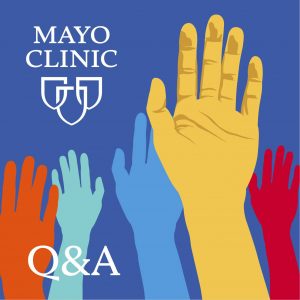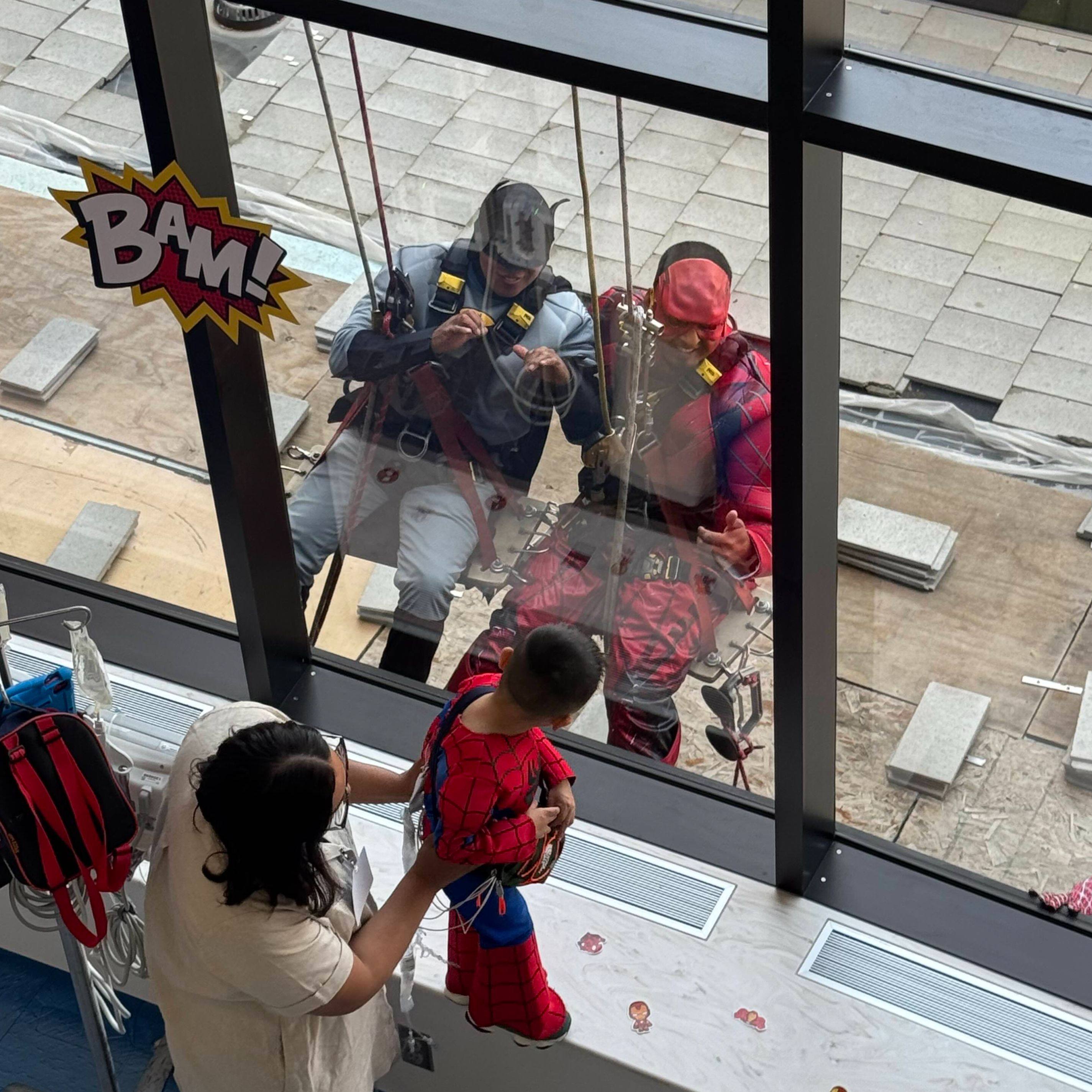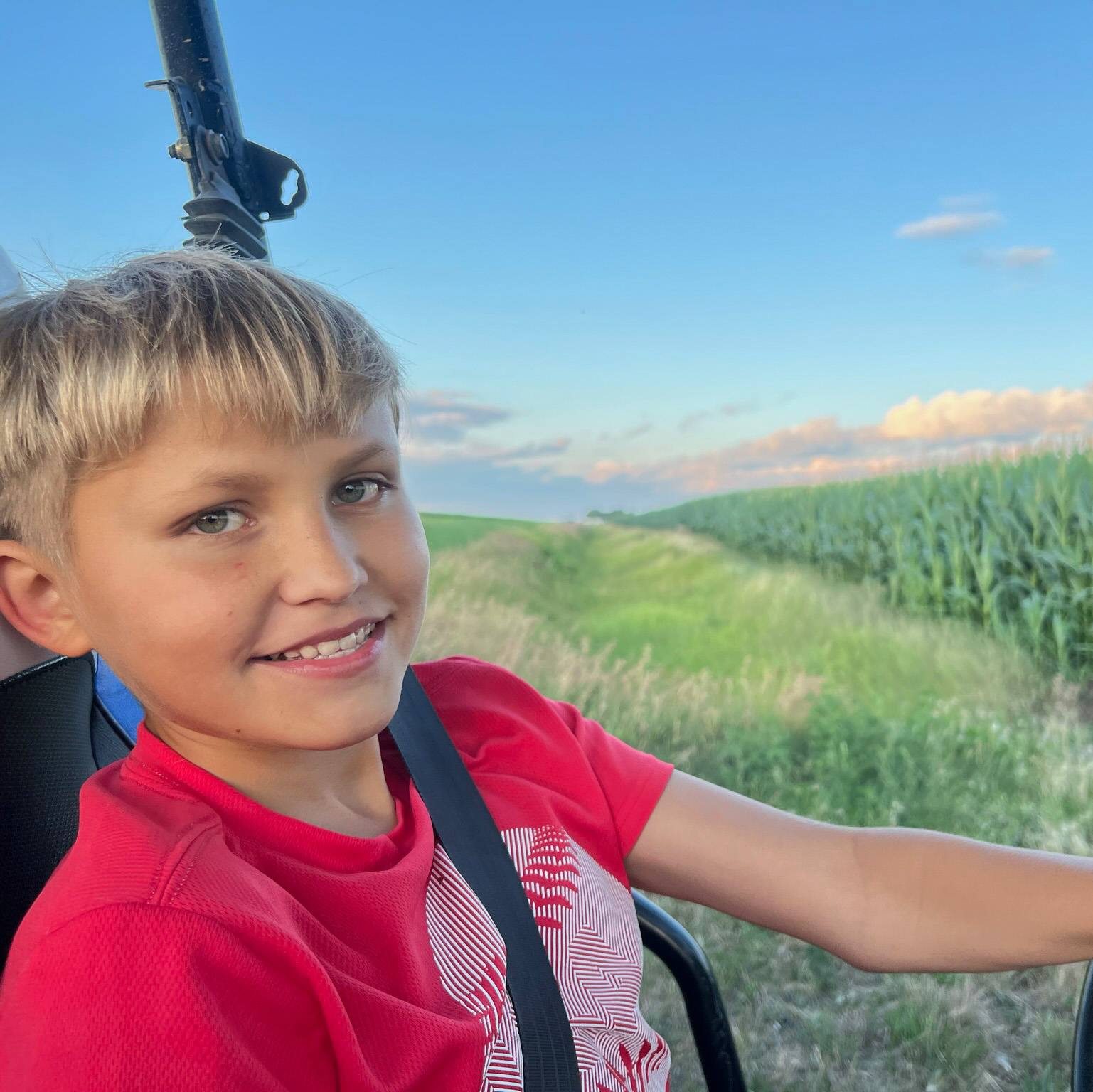-
Ask the Mayo Mom: RSV and bronchiolitis – what to expect this season

Respiratory syncytial virus (RSV) causes infections of the lungs and respiratory tract. It's so common that most children have been infected with the virus by age 2.
RSV can cause severe infection in some people, especially premature infants, older adults, people with heart and lung disease, or anyone with a weak immune system.
In severe cases, RSV infection can spread to the lower respiratory tract, causing pneumonia or bronchiolitis — inflammation of the small airway passages entering the lungs. Signs and symptoms may include:
- Congested or runny nose
- Dry cough
- Low-grade fever
- Sore throat
- Sneezing
- Headache
Treatment for RSV generally involves self-care measures, but hospital care may be needed if severe symptoms occur.
On the Mayo Clinic Q&A podcast, Ask the Mayo Mom host Dr. Angela Mattke, Mayo Clinic pediatrician, is joined by Dr. Jay Homme, a Mayo Clinic pediatrician, and Dr. Jim Homme, a Mayo Clinic pediatric emergency medicine physician, to discuss what parents and caregivers should expect for RSV and bronchiolitis this season.
For more information and all your COVID-19 coverage, go to the Mayo Clinic News Network and mayoclinic.org.

Related Articles







